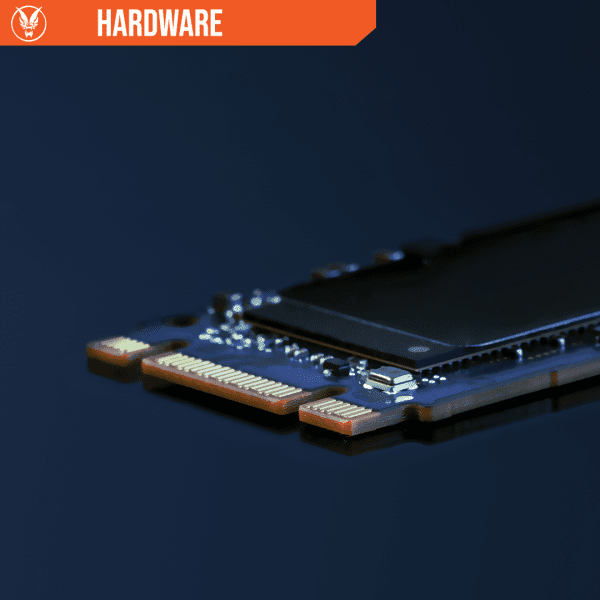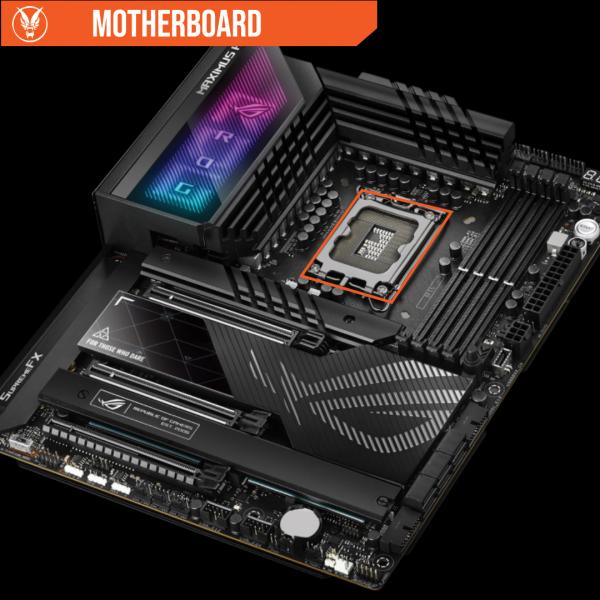Fierce PC Blog
This form is protected by reCAPTCHA - the Google Privacy Policy and Terms of Service apply.
Don't have an account?
Creating an account has many benefits: check out faster, keep more than one address, track orders and more.
-
Best CPU for gaming in 2024
Over the past year, Intel and AMD have brought some impressive CPUs to the market, each...
-
How to reset your graphics card drivers
WHY WOULD YOU NEED TO RESET YOUR GRAPHICS CARD DRIVERS? If you’re experiencing graphics related issues...
-
How to check for CPU cooler compatibility
A CPU Cooler is a hardware component that will draw heat away from your processor and...
-
How to add or remove case fans
With the powerful components that are used in most modern gaming PCs, from powerful processors to...
-
Testing your PC with 3DMark Time Spy
WHAT IS 3DMARK TIME SPY? 3DMark is a benchmarking software program that measures a computer's performance...
-
What graphics card do I have?
WHAT IS A GRAPHICS CARD? A graphics card is a hardware component that is responsible for...
-
What is a good internet speed for gaming?
Why is internet speed important for gaming? If you’re a fan of playing games online, there’s...
-
What Size SSD should Be Used for Gaming?
What is an SSD? An SSD (Solid State Drive) is a form of storage that uses...
-
How to check your PC CPU temperatures
If your CPU temperatures are in meltdown, it can cause a whole heap of problems for...
-
4K gaming PC: Configuring the ultimate system
If anything less than pristine, crystal clear visuals are unthinkable to you. If you need to...
-
A guide to motherboard sockets
The motherboard Before we get into motherboard sockets, we should briefly cover what the motherboard is...
-
How much RAM do you really need?
Most gamers are aware that the RAM in our PC plays a crucial role in avoiding...











